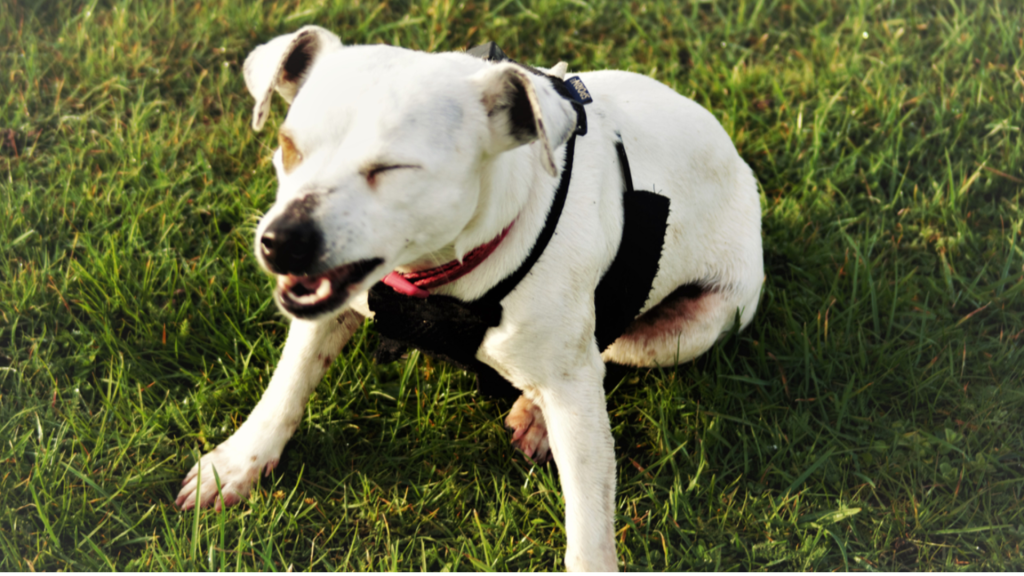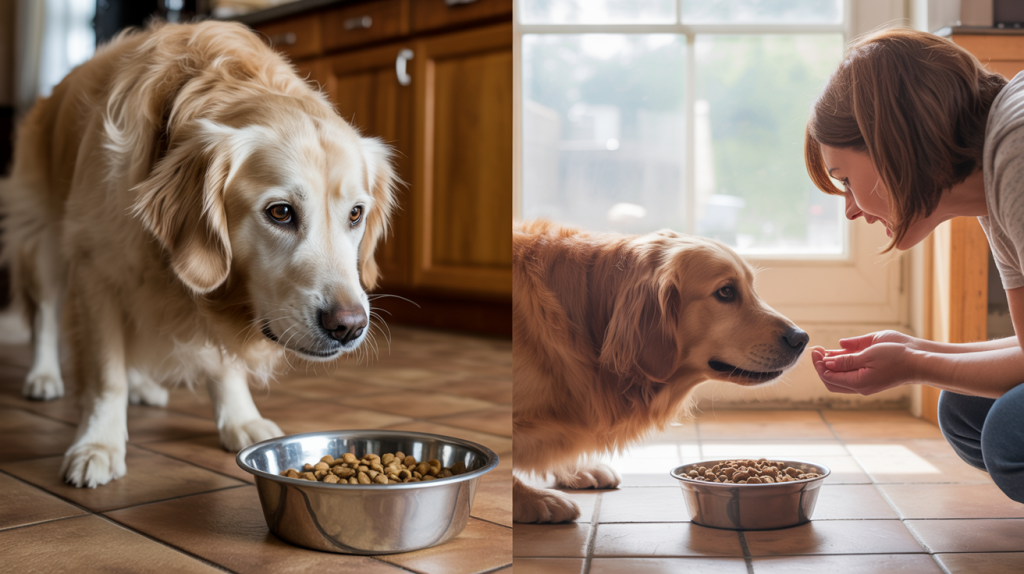Parents across the country are typing one question into Google more than ever: Are Frenchies good with kids?
French Bulldogs have become the second most searched family dog breed this year. But there’s a reason behind this trend that goes beyond their cute, wrinkled faces.
Every parent wants to make the right choice when bringing a four-legged family member home.
The truth about Frenchies and children isn’t what most people expect, and understanding their real temperament can save families from costly mistakes or help them find their perfect match.
Let’s find out what makes these flat-faced companions tick around little ones.
What Makes French Bulldogs Great Family Dogs
French Bulldogs possess traits that make them natural companions for children.
Their gentle temperament means they rarely show aggression, even when kids get a little too enthusiastic with their hugs.
At 16-28 pounds, Frenchies hit the sweet spot, big enough to handle playtime but small enough not to accidentally knock toddlers over.
But here’s what really wins families over: their clownish personality. These dogs are natural entertainers who seem to understand that making children laugh is their job.
They adapt to family routines with ease, whether that means naptime quiet or backyard games.
For parents worried about temperament, Frenchies offer peace of mind through their naturally calm and patient nature.
How to Introduce a Frenchie to Kids?

Bringing home a new Frenchie is exciting, especially when parents ask, Are Frenchies good with kids? But the first meeting sets the tone for years of friendship.
Here’s how smart parents make introductions smooth and stress-free for everyone involved.
Preparing Kids for Dog Etiquette
Before the big day arrives, parents should teach children basic dog manners. Kids need to understand that dogs aren’t toys; they require gentle touches and calm voices.
Practice “soft hands” by having children pet stuffed animals first. Explain that dogs need space when eating or sleeping, just like people do.
Roleplay scenarios where children practice sitting quietly and waiting for the dog to come to them.
Setting Up the First Meeting
The initial introduction should happen in a neutral space, not inside the home. Have one parent hold the dog while children sit quietly nearby.
Let the Frenchie approach at their own pace. Keep the first meeting short, about 10 minutes works well.
Multiple family members can take turns, but avoid overwhelming the dog with too much attention at once. Watch for stress signals like panting or backing away.
Building Bonds After Introduction
Once everyone’s comfortable, establish daily routines together. Children can help with feeding time, brushing, and short walks.
Create special bonding moments like reading time, where kids sit near their new friend.
These shared activities help build trust naturally. Start small, maybe just sitting together while watching TV. Let relationships develop slowly over weeks, not days, for the strongest connections.
French Bulldog Ownership: Long-Term Family Suitability Analysis

Families need to think beyond the puppy phase. French Bulldogs can be wonderful long-term companions, but success depends on lifestyle alignment and realistic expectations.
Lifestyle Alignment Table:
| Factor | Frenchie Reality | Family Consideration |
|---|---|---|
| Growing with Kids | Adapt well as children age, maintain a playful nature for 10-12 years | Perfect for families planning to keep the same dog through childhood |
| Supervision Needed | Moderate – mainly around very young children (under 5) | Less intensive than high-energy breeds |
| Training Requirements | Basic obedience and house training are relatively easy to teach | Manageable for busy families |
| Exercise Needs | Low to moderate – short walks and indoor play | Fits well with family schedules |
Family Self-Evaluation Checklist:
Before committing, families should honestly assess:
- Can we handle potential health costs (breathing issues, allergies)?
- Do we have time for daily walks, even short ones?
- Are we prepared for a 10-12 year commitment?
- Can we provide consistent training and boundaries?
- Do we understand their heat sensitivity limitations?
- Are family members prepared for moderate shedding?
This checklist helps families make informed decisions about long-term compatibility.
Common Challenges and Real Fixes

Even the best family dogs have their moments, and Frenchies are no exception. Here are the most common hiccups parents face and simple solutions that actually work.
1. Rough Play and Overstimulation: When Frenchies get too excited, they might jump or nip during play. Parents can teach the “calm down” command by having kids step away when play gets too intense. Setting play boundaries early prevents problems later.
2. Health-Related Grumpiness: Breathing difficulties can make Frenchies cranky, especially in hot weather. If a dog seems irritable, check for overheating signs. Cool, quiet spaces help them recover quickly.
3. Separation Anxiety Around School: Many Frenchies struggle when kids leave for school. Creating morning routines that include the dog helps. Leave puzzle toys or treats to keep them busy. Gradual departures – starting with short trips – build their confidence over time.
Conclusion
So, are Frenchies good with kids? The answer is a resounding yes for most families.
These gentle companions offer the perfect balance of playfulness and patience that children need. They grow with your family, adapt to busy schedules, and provide years of loyal friendship.
But every family is different. Take an honest look at your lifestyle, budget, and long-term commitment. If you can provide consistent care and handle potential health needs, a Frenchie might be your perfect match.
Ready to take the next step? Visit local breeders or rescue organizations to meet some Frenchies in person. Your children’s new best friend might be waiting for you.









